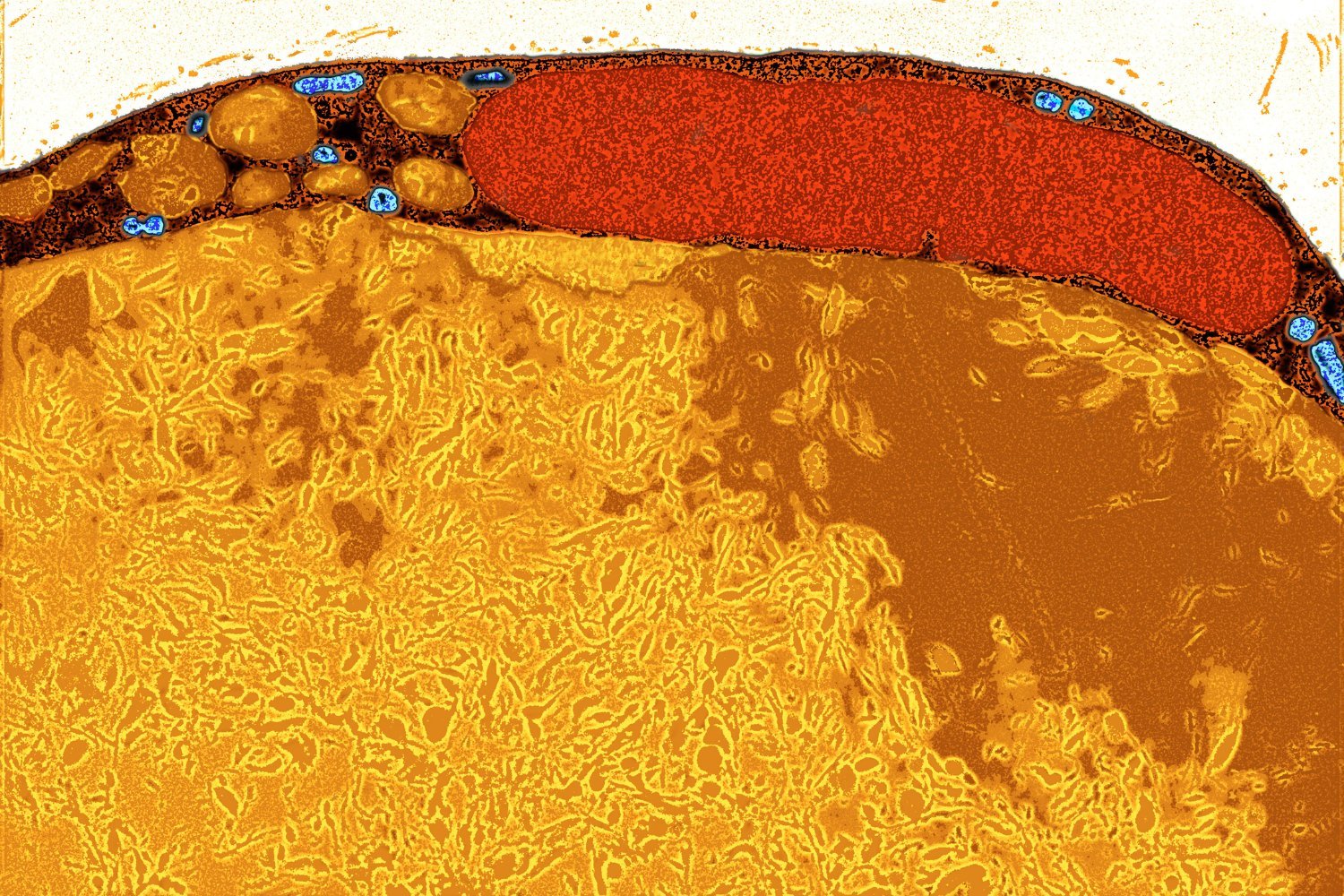New Study Suggests Body Fat Cells Can Be Engineered to Starve Out Tumors
A recent study published in Nature Biotechnology has made a groundbreaking discovery that could potentially revolutionize the fight against cancer. Researchers at the University of California, San Francisco, have found that fat cells can be engineered into a treatment that literally starves out tumors.
The Role of Fat Cells in Cancer Treatment
The study, conducted by scientists at the University of California, San Francisco, suggests that fat cells can be repurposed and implanted to inhibit the growth of five different types of cancer. The researchers used a version of the gene-editing technology CRISPR to create reprogrammed beige fat cells, which are capable of performing the functions of either white or brown fat cells as needed.
Understanding the Different Types of Fat Cells
There are three broad types of fat cells found in the human body: white, brown, and beige. White fat cells primarily help store energy, while brown fat cells keep our temperature stable by burning sugar and fat when we’re cold. Beige fat cells are somewhere in the middle, capable of performing the functions of either white or brown fat cells as needed.
Previous Research on Brown Fat Cells
A 2022 study suggested that brown fat cells induced by cold can sap away the resources needed by cancer cells to keep growing. However, this method may not be safe to use in most patients with cancer, as it requires cold therapy. The UCSF researchers theorized that they could reproduce this same effect safely by turning white fat cells into beige fat cells.
The Researchers’ Approach
The researchers used CRISPR to create reprogrammed beige fat cells, keying in on a particular gene called UCP1. The cells were also sometimes modified to prefer nutrients that certain cancers are especially hungry to devour. In various experiments using petri dishes, mice, and samples taken from real patients, the researchers found that their engineered fat cells could indeed suppress cancer growth.
The Study’s Findings
The study found that the engineered fat cells could counteract at least five different types of cancer cells (colon, pancreatic, prostate cancers, along with two types of breast cancer). The cells even seemed to work when they were placed far away from the actual tumors. The researchers wrote in their paper, "In summary, our results provide proof-of-principle results for a cancer therapeutic approach, termed adipose manipulation transplantation, that can be further developed and personalized for specific cancers and patients."
The Future of Fat Cell-Based Cancer Treatment
The team’s findings are only the start, and more studies will have to replicate and expand these results before we can truly know whether fat cells are a feasible cancer treatment. However, the researchers are encouraged by the potential and practicality of their experimental therapy. As senior study researcher Nadav Ahituv said, "We already routinely remove fat cells with liposuction and put them back via plastic surgery. These fat cells can be easily manipulated in the lab and safely placed back into the body, making them an attractive platform for cellular therapy, including for cancer."
Potential Applications of Fat Cell-Based Cancer Treatment
Should the team’s work continue to pay off, they envision a future where fat cells aren’t just treating cancer but can be programmed to do other tricks, such as monitoring blood glucose levels or sucking up excess iron.
Source Link





